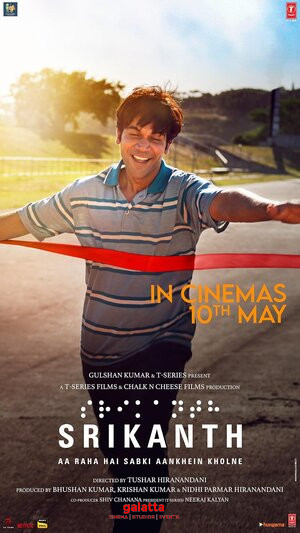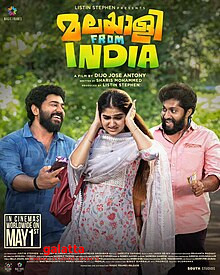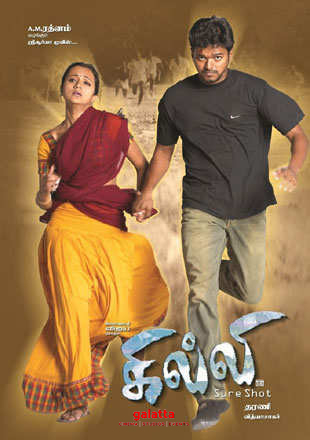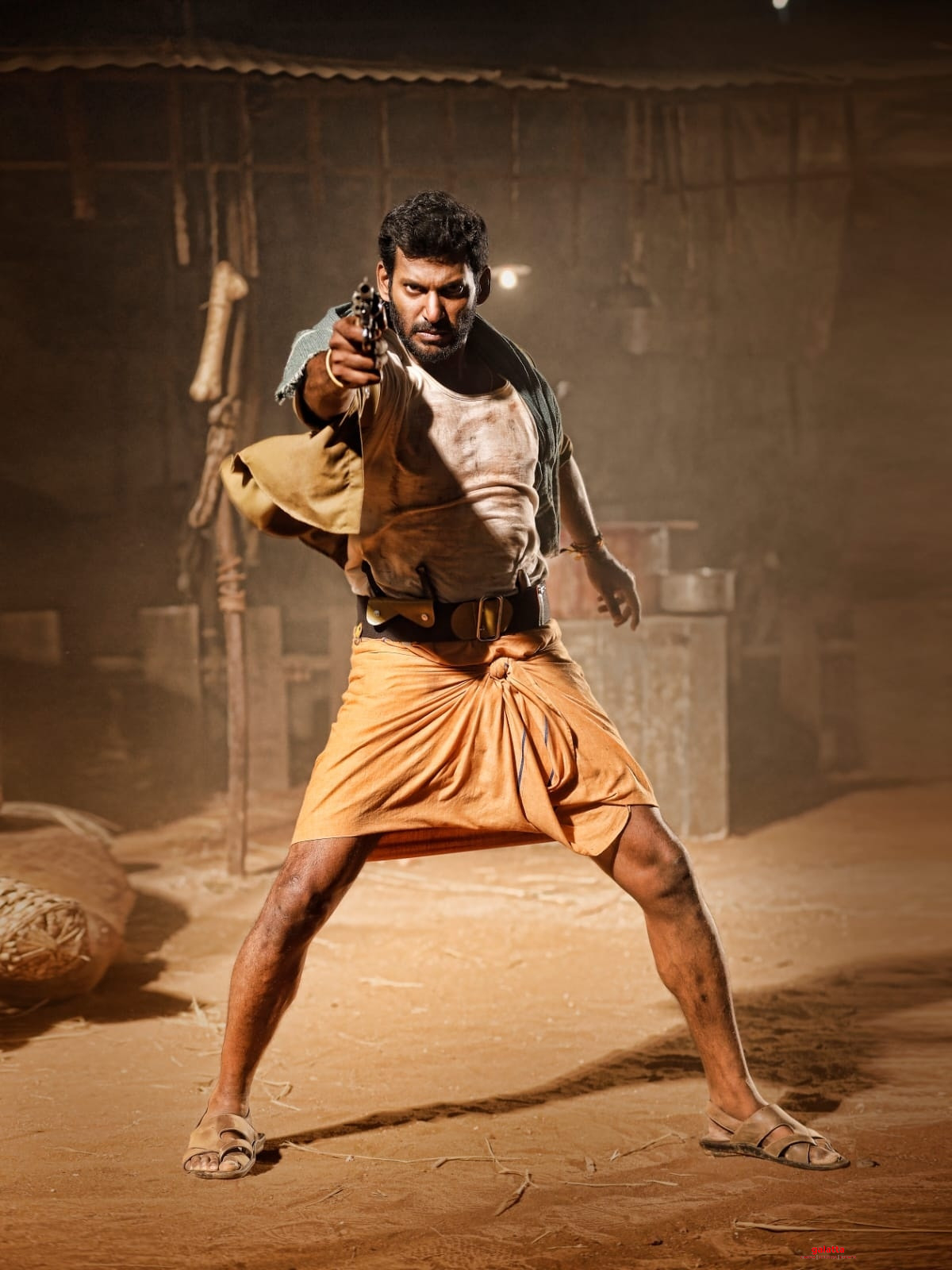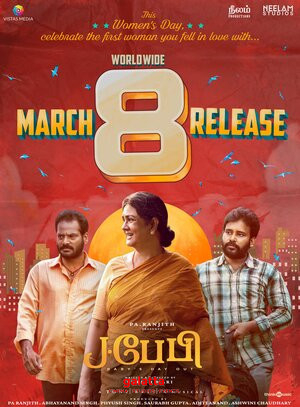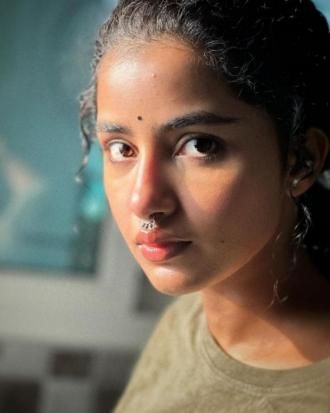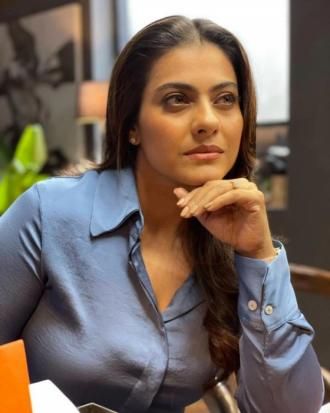Garudan Movie Cast & Crew
Early on in Garudan, set in the district of Theni, we are told that three things are responsible for most of the issues around us: “mann” (land), “pon” (money), and “penn” (women). “Mann” comes in the form of land that belongs to a temple, and is coveted by a corrupt minister. “Pon” comes in the form of the wealth that is coveted by Karuna (Unni Mukundan), whose family has fallen from riches to rags. As for “Penn”, women come in many forms in this movie. There is a girlfriend, played by Revathy Sarma. There is a devoted wife, played by Sshivada. There is a Muslim who marries a Hindu, and this woman - named Parveen - is played by Brigida Saga. And last but not least, there is Karuna’s wife, played by Roshini Haripriyan. This woman covets a life of power and prestige. She imagined this life when she married Karuna, and when the family falls on hard times, she is filled with rage and resentment.
This is a spectacular set-up – in theory. In the hands of a skilled dramatist, this could become a glorious examination of this three-way intersection of mann / penn / pon – especially with the introduction of the Mahabharata angle. Durai Sethilkumar really likes the epics. In his earlier film, Pattas, there was an Abhimanyu-like situation, where a mother whispered war secrets to her unborn child. Here, there is the Duryodhana-Karna template of friendship, between Karuna and the orphan named Sokkan (Soori). But for all these ideas, Durai Sethilkumar is content to make mainstream entertainers – and of course, there’s nothing wrong or “lesser” about that. His best film, Kodi, was the rare hero-centric masala movie where the people around the hero had great character arcs, too. Garudan, on the other hand, is one of those “so near yet so far” films. There is so much potential, and some scenes are certainly powerful, but the overall effect is negated by the generic writing.
I’ll give you an example. The story is about three men, three friends: Karuna, Sokkan, and Aadhi (Sasikumar). Vadivukkarasi plays a grandmother. When she is at the temple shrine, two of these men fall at her feet instead of the god’s, because… “appatha, nee engalukku soru potta saami”. The emotion may be true, but couldn’t they write it a little differently? Everything is super-generic, with just enough information to introduce the characters, but never building much on this introduction. The women needed to be fleshed out much more. The cop played by Samuthirakani needed to have been more than just a narrator. Yes, he does get a scene where he shows corruption can only go so far, but these small touches… can only go so far in making a character memorable. Even the supposed-BFF relationship between Sokkan and Karuna comes off more like something between loyal slave and master.
The screenplay is in a hurry to lay out a whole bunch of characters, a whole bunch of scenarios about temple land and temple jewels – and while the fast-paced film remains vaguely watchable, it never cuts deep. The scene where Sokkan is given an important position should have been far more powerful, given the repercussions this event has. The scene that establishes a Hindu-Muslim romance should have been far more convincing. But everything happens through dialogue. We are told someone is an alcoholic, so we have to take the fact at face value. We are told someone is a gambler, so, again, we have to take the fact at face value. In such a serious story, why waste precious screen time over a love song when this love angle is barely explored? The writing relies heavily on flashbacks, which are meant to surprise us with information, but almost everything goes by in a blur, without touching the heart. We see that all these things happen, but never feel the impact.
But the biggest problem in the writing is how utterly convenient it is. When someone has to be taken away from an upcoming scene of violence, the screenplay is so nakedly manipulative that we guess what is going to happen long before it actually happens. The one good aspect is the action. There is a lot of well-choreographed gore, which makes the fights both thrilling and convincing. But even here, why would someone put his child in danger, fully knowing that he is going to meet a bunch of bad guys? Remember the staging of the scene in Asuran where the father discovers the body of his mutilated son? Remember the sensational scene of betrayal in Subramaniapuram? Or the wonderful scenes of friendship in that film? You remember those superior examples because the equivalent moments here are so functionally staged.
Unni Mukundan is just not convincing in this milieu. There is something off about his beefy rock-star presence. What does his character feel about murdering someone close to him? We are never told. His transformation, again, is one of utter convenience. Sasikumar does well in his comfort zone, and it’s Soori who gets the best acting moments - like the look of unease as he is summoned away from a scene of danger, or the way he rattles off the truth in a breathless manner. Garudan makes use of Soori the comedian plus Soori the newfound serious actor, but even with him, you sense a difference in the way he acts here as compared to Viduthalai and Kottukaali. Put simply, he has good instincts, but he probably still needs a good director to shape those instincts into a cohesive performance. But this is definitely a step in the right direction, because commercial / mainstream cinema needs actors like Soori to become viable stars. And if Garudan can give him that push, it will end up being the best thing about the movie.



